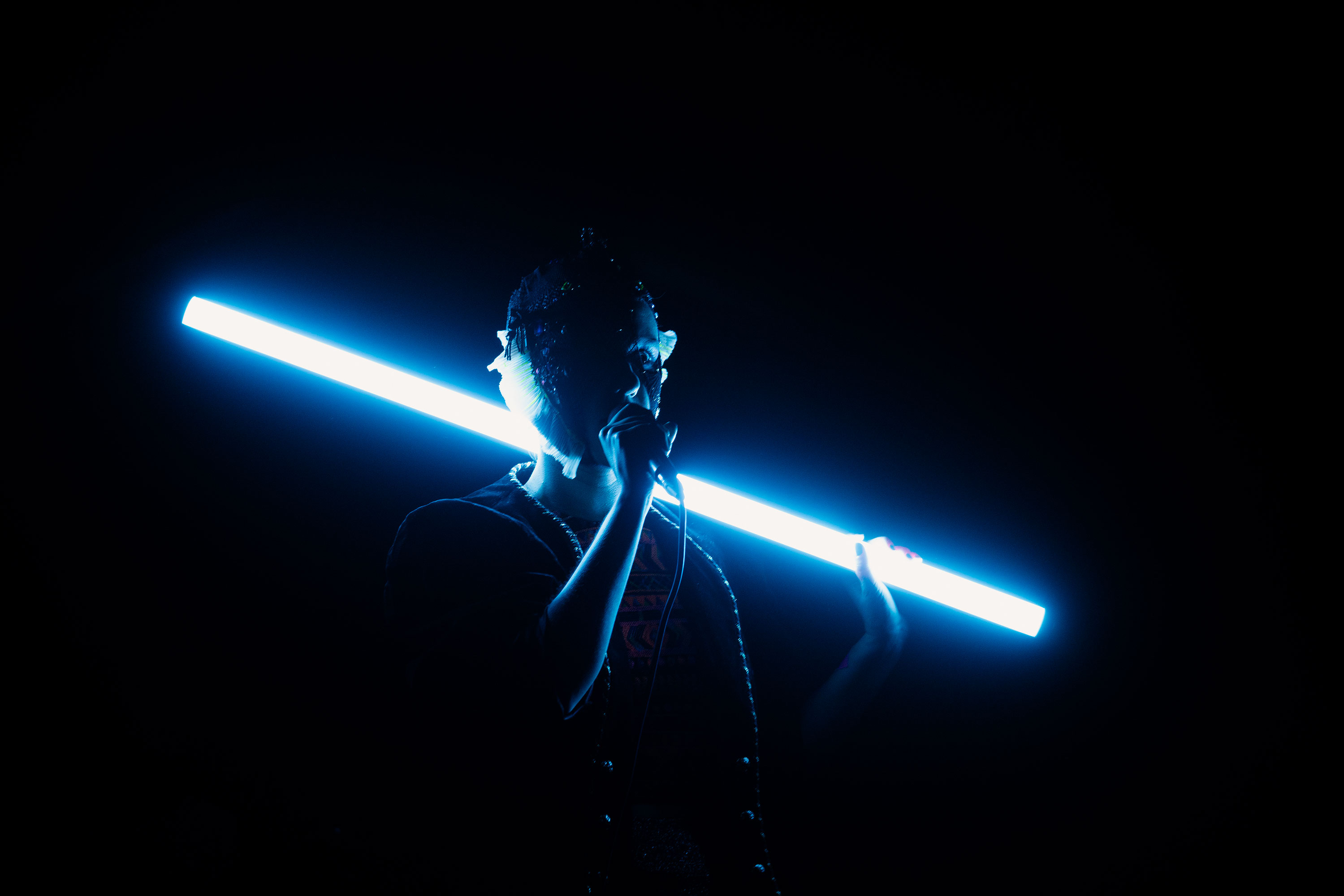 Foto: Valdis Jansons
Foto: Valdis Jansons

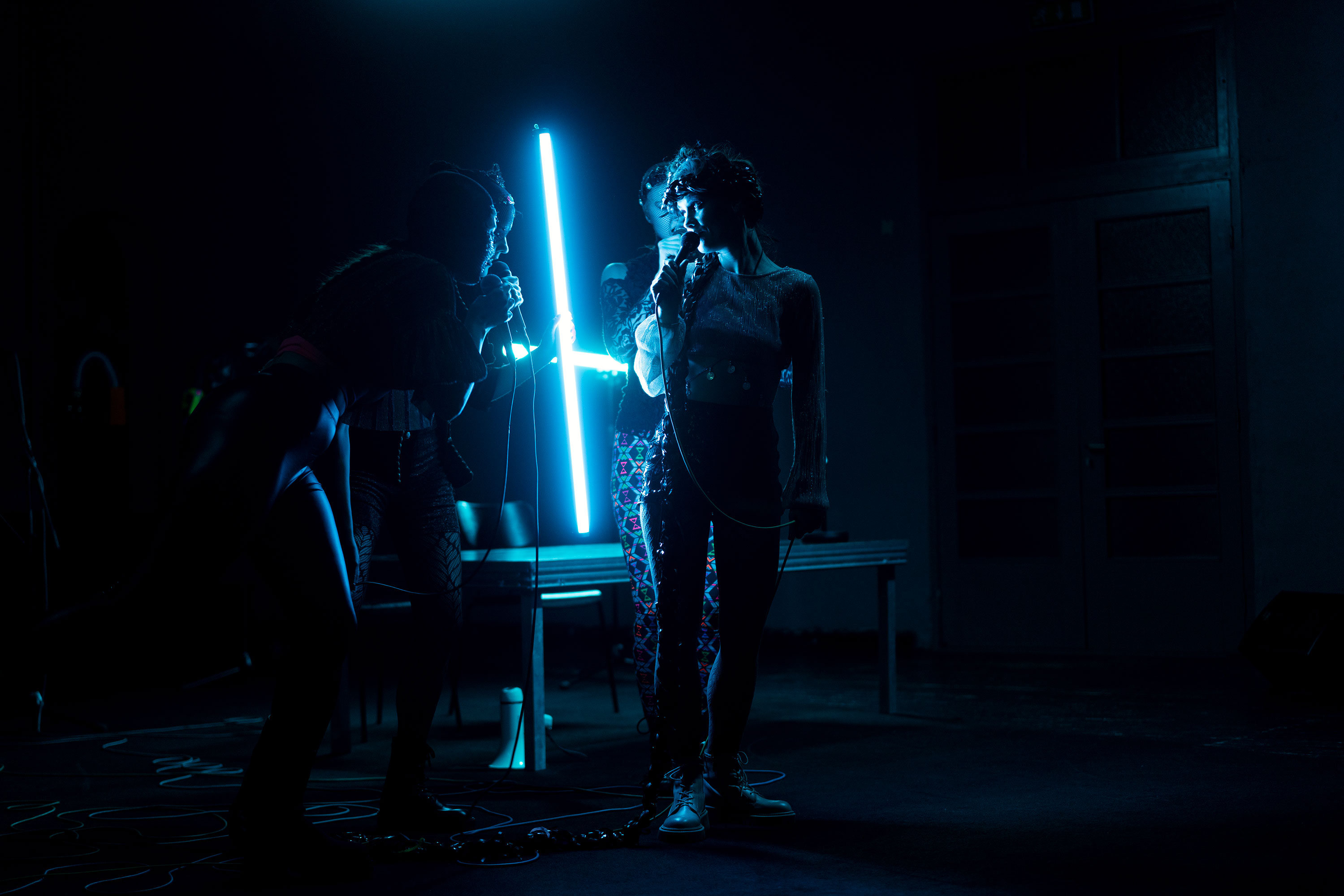
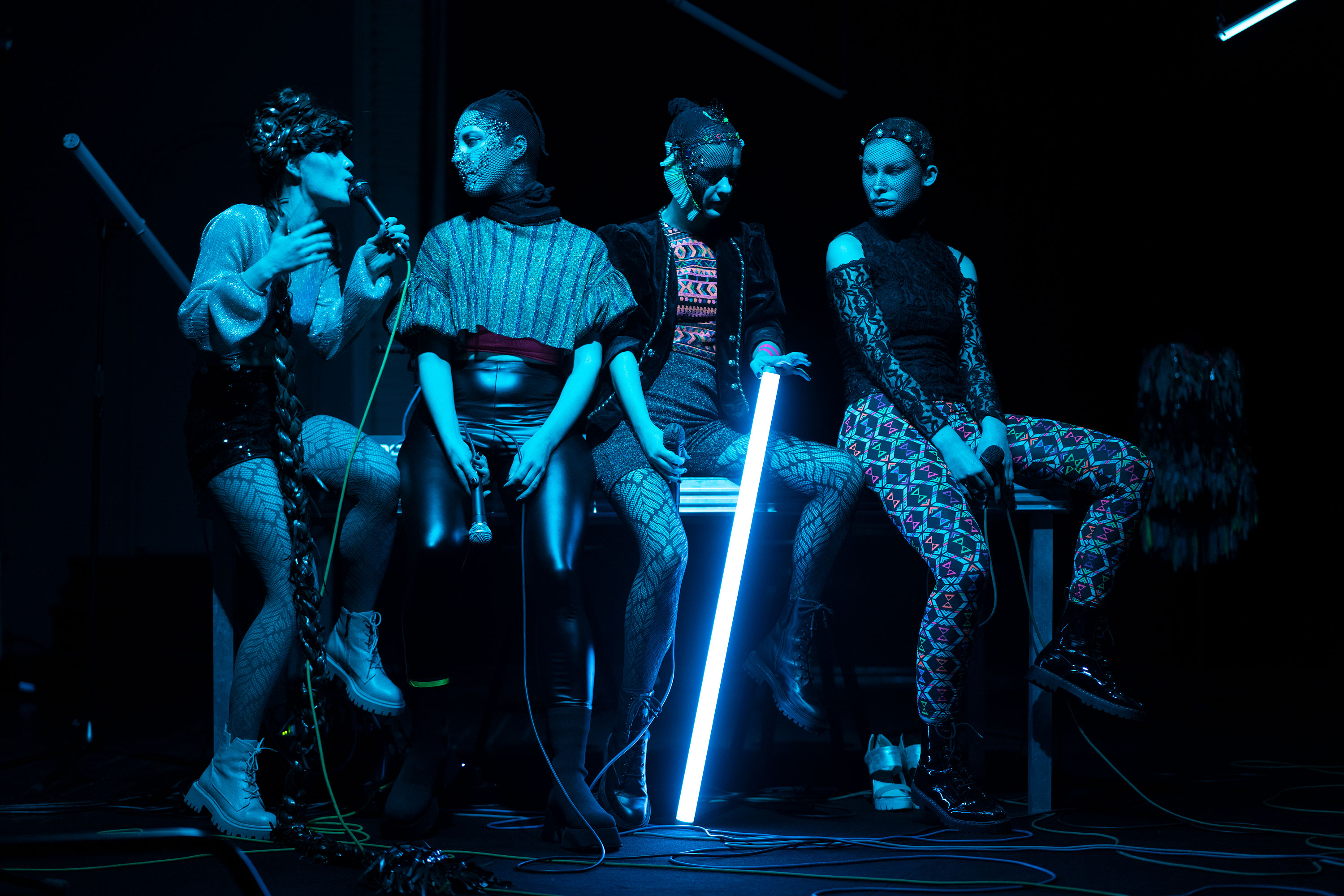

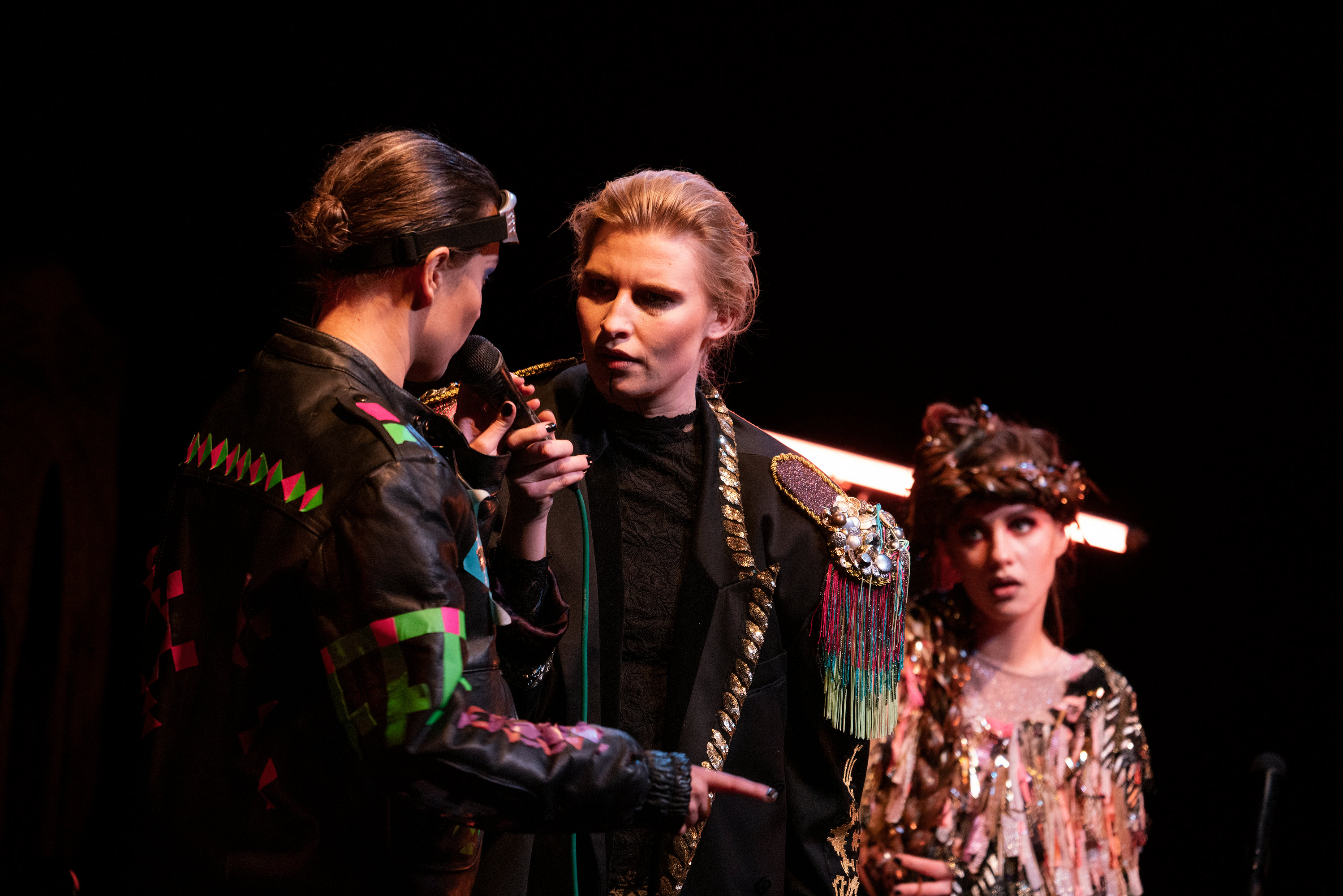
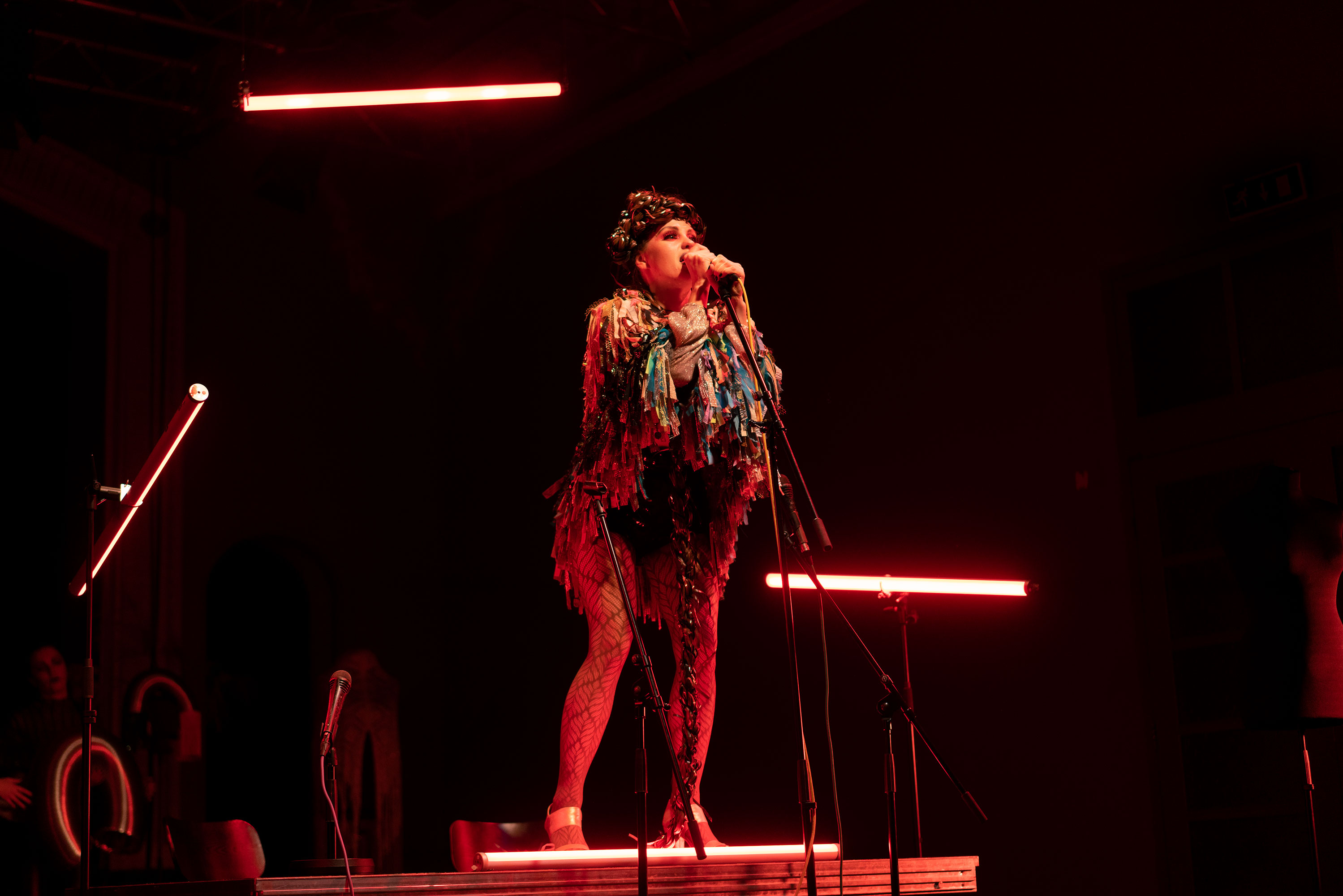
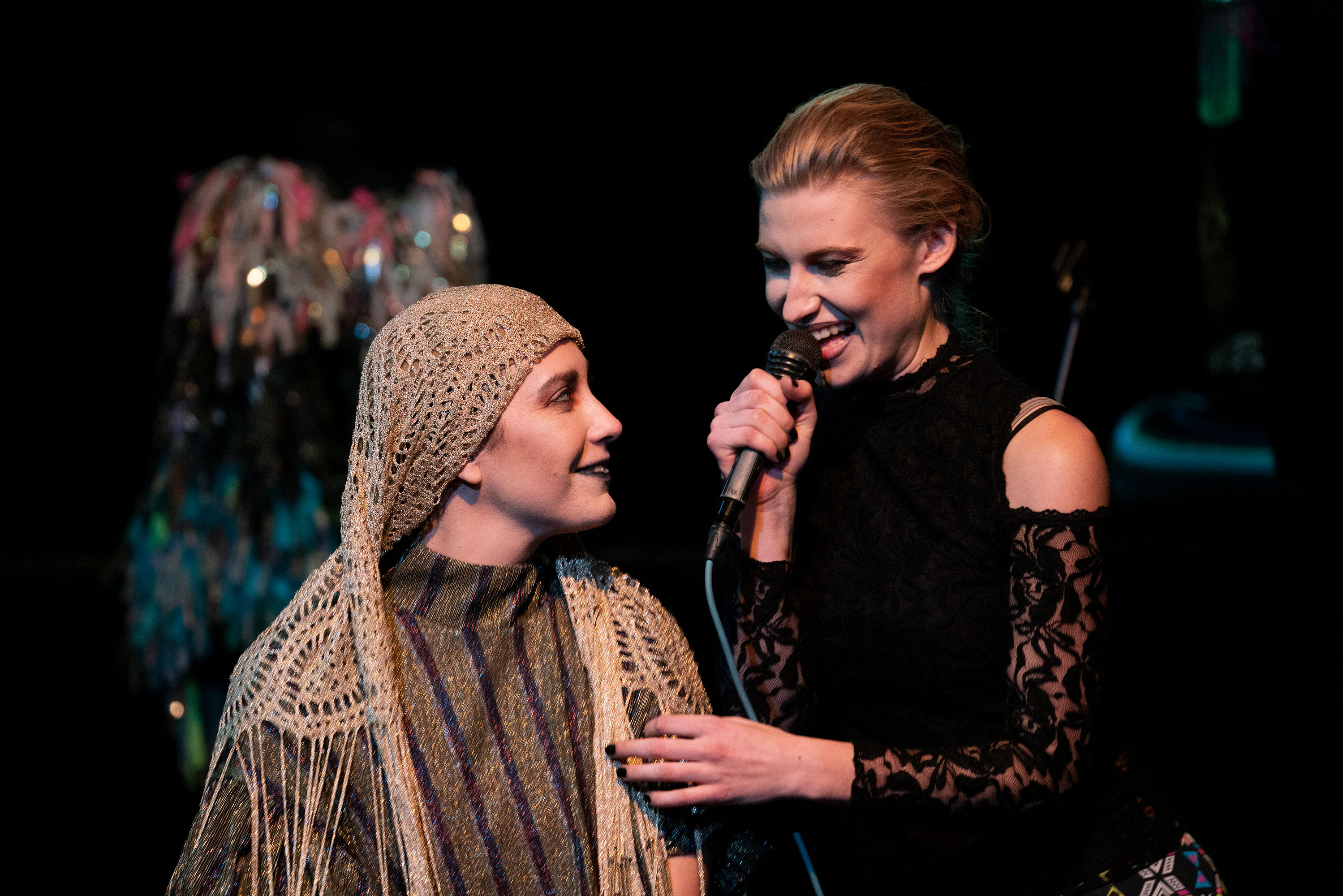
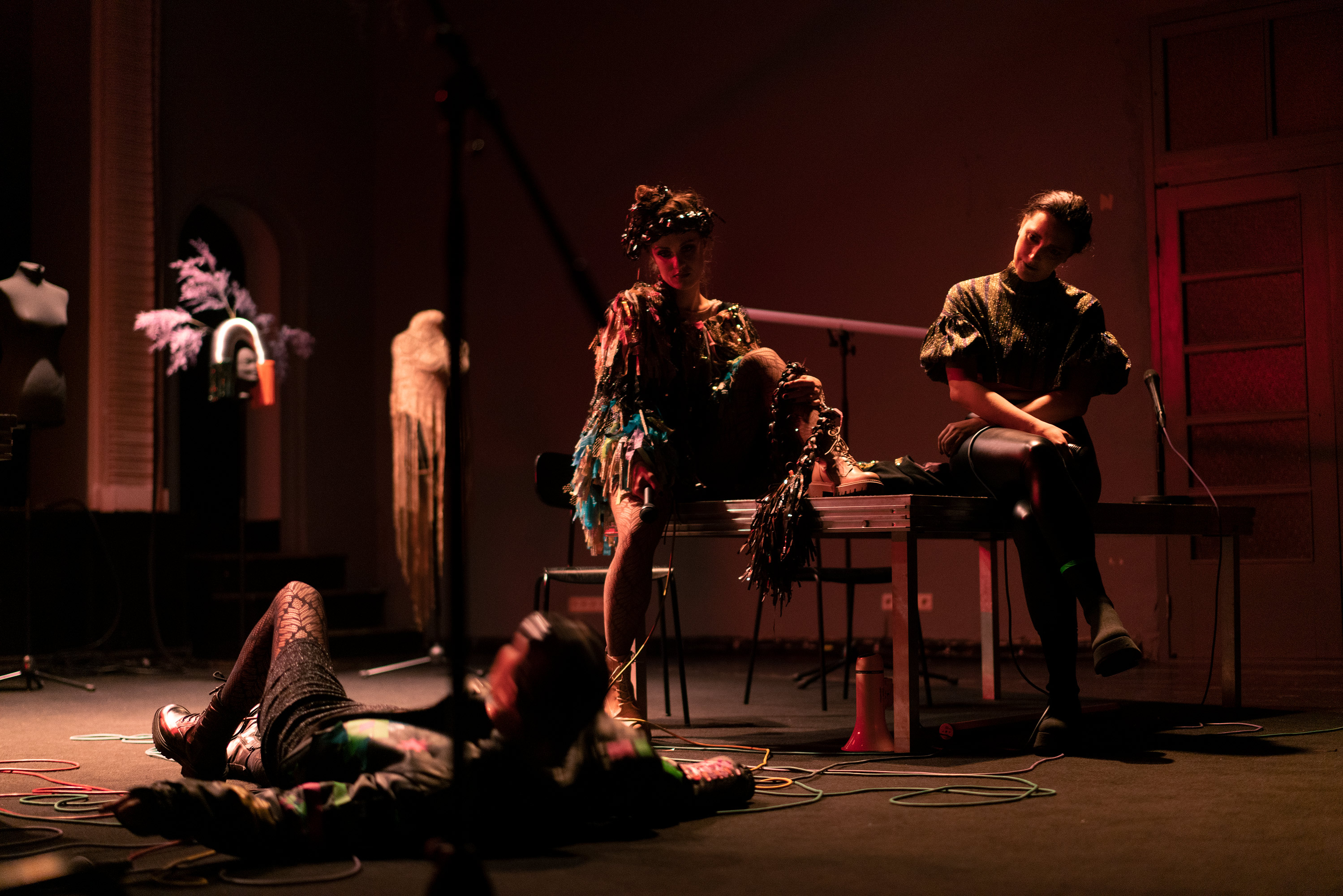
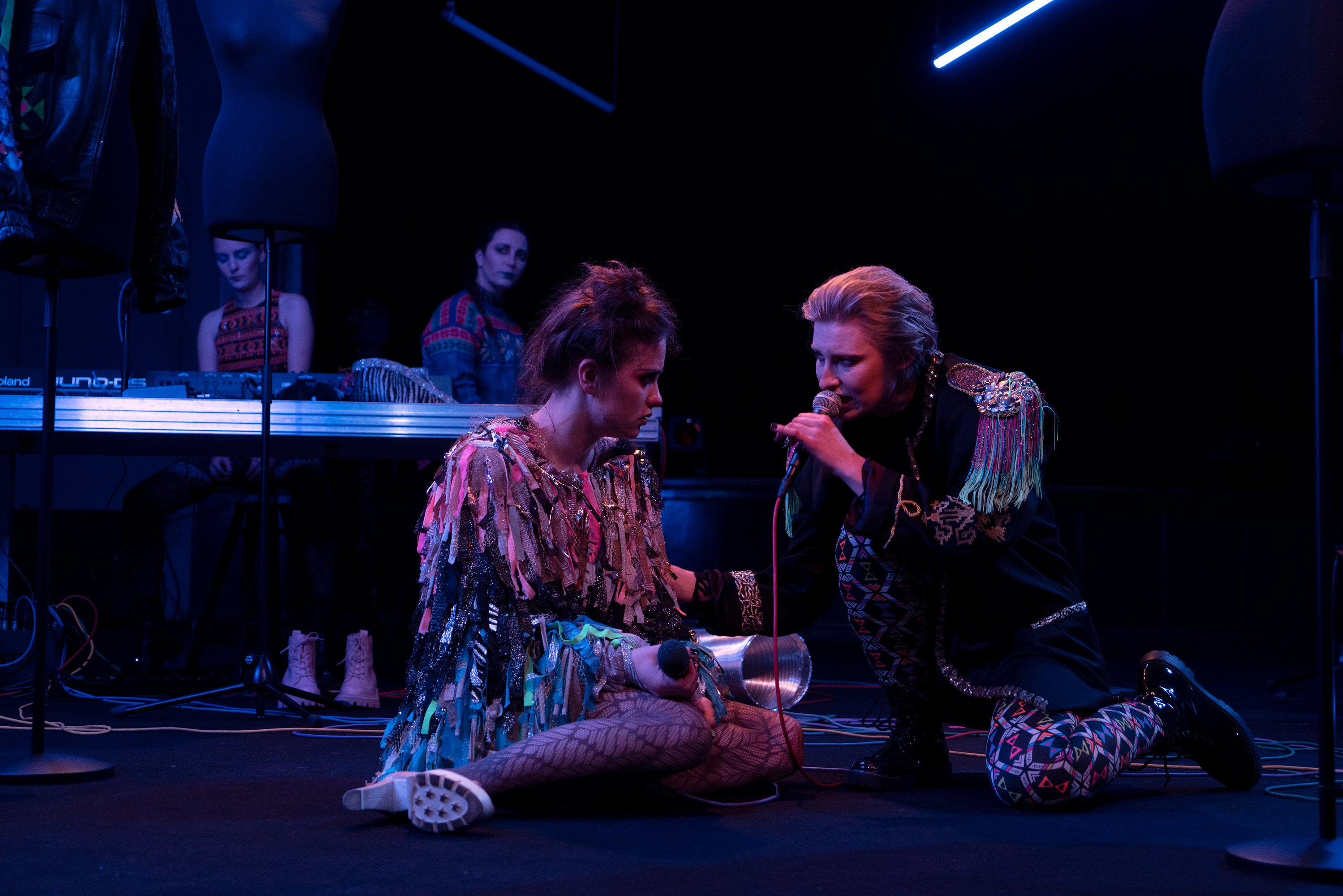
The Witch
An almost
musical based on Aspazija’s play “The Witch”
Director: Andrejs
JarovojsCostume
design: Ieva Veita-Breidaka
Makeup: Ilona ZariņaBeat: Jānis
Burmeisters
Lights: Jūlija Bondarenko
Poster: Signija JoceProduced by: Ģertrūdes
ielas teātris
Created with the financial support of Riga City
Council and the State Culture Capital FoundationPremiere: 09/11/2022
Duration: 1h 30min
Performance in Latvian
Venue details:
Ģertrūdes iela 101aVenue details
Ticket selection
Unfortunately, all seats are reserved.
Description
Hide descriptionPoet and playwright Aspazija wrote her play “The Witch” in a time when her works were being staged at the Riga Latvian Theatre, and yet women’s status in society was, in the poet’s own words, “rolling in the mist of a black night”. Today, almost 130 years later, the notion of equality, with Aspazija’s fist, is still knocking insistently at the front door of our culture.
Tracing the pattern of Aspazija’s ornate language, the creative team play with voice and rhythm to highlight in “The Witch’s” story a thread that reveals the woman’s experience, as she fulfils her dreams and longing. The witch "with all her flaming essence bursting out of the old life and unable to find a position for herself in the new light as of yet, clinging to the old with a thousand tentacles and thus anointed in eternal contradictions,”* lights up, gets brighter and becomes a fire, burning herself and others down to embers.
Fusing cultural heritage and today's reality, and accompanied by a pulsating beat, the creative team invites us to use the sparks of light and darkness to illuminate a path beyond a dualist view of the world and beyond the idea of continuous progress.
*Aspazija on the process of writing her play “The Witch”, “Teātra Vēstnesis”, 1924 (2).
 The Witch
The Witch 